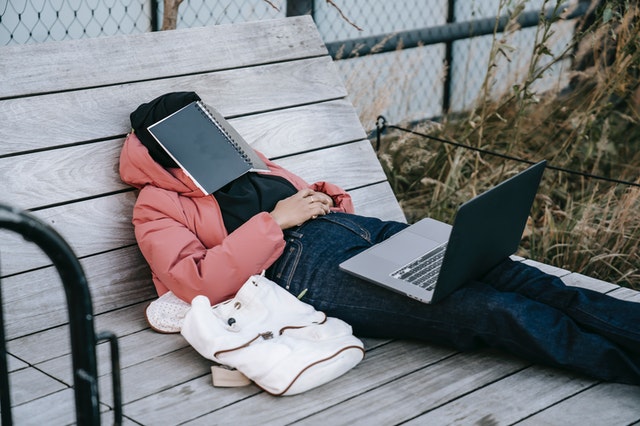The pandemic has taken a major toll on our physical, emotional and mental wellbeing. In fact, experts have even coined non-medical terms like pandemic anxiety, caution fatigue and pandemic stress to help give a concrete description of the specific yet collective distress that we are feeling after being stuck in quarantine for almost a year now.
Another term added to this list recently is “coronasomnia,” a portmanteau of the words “coronavirus” and “insomnia.” While this sleep disorder has been a problem even before the pandemic happened, studies showed that the number of people finding it difficult to get a good night’s rest lately had drastically increased. Just like anxiety, coronasomnia is a consequence of the abrupt changes we had to make in our lifestyle due to the pandemic.
The roots of coronasomnia

Aside from the disruptions in our daily routine and environment which make it challenging for our circadian rhythm to function the way it usually does, experts cited our work from home habits as a major contributor to this sleeplessness.
In an interview with BBC, US-based Mayo Clinic psychiatrist and neurologist Dr. Steven Altchuler said that the loss of our daily external cues such as regular office meetings and scheduled lunch breaks have disrupted our body clock.
Staying cooped up in your room or home office isn’t doing you any good either. Exposure to natural light helps you get better sleep and improves your sleep-wake cycle. It’s actually recommended that you soak up some sun to boost serotonin levels, too.
Another work from home problem that experts flag down and associate with the roots of coronasomnia is our erasure of work-life balance. Many have been working longer or irregular hours during the pandemic, which mostly stems from our fear of unemployment. A lot of us have been pushing ourselves to the extremes to keep our jobs, even if it means sacrificing our time to rest.
The habits you can try fixing
While the job anxiety that fuels work from home-induced coronasomnia is out of our hands, there are some habits that you can try adjusting for the sake of your wellbeing. One of these is going easy on alcohol and coffee. Experts say that while alcohol helps you fall asleep, it doesn’t necessarily translate to letting you stay asleep or sleep well.
Practice your daily routine as if it’s just a regular day of going to your workplace prior to the pandemic. This means getting up the moment your alarm rings, eating breakfast and taking a shower before proceeding with your tasks for the day and designating a lunch and snack break for yourself. It’s also important to set a time for you to “clock out” and to avoid staying up late at night in an attempt to “finish work in advance” or take a bit off your workload for the morning.
Don’t forget to exercise as well. We’re not necessarily talking about full-blown workouts—daily stretching is enough. You should also refrain from taking your work to bed, because it is important for your brain to associate your place of rest with rest, and only rest. If this means putting a total ban on your laptop in the bedroom, then so be it. We also have some tips on how to sleep better and faster, in case you need it.